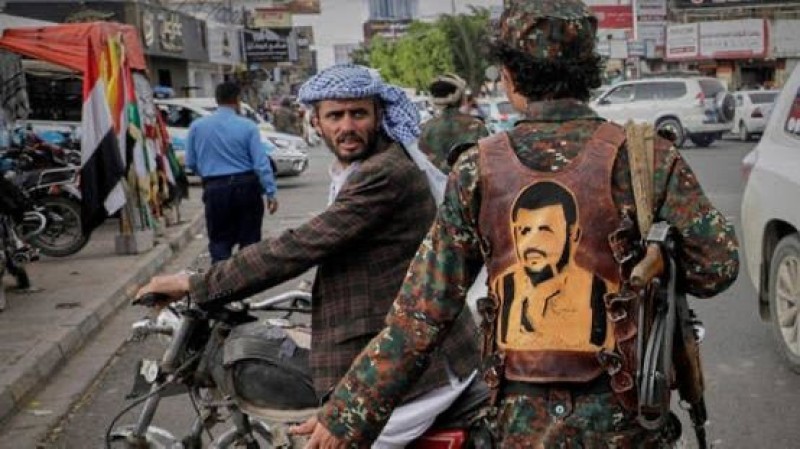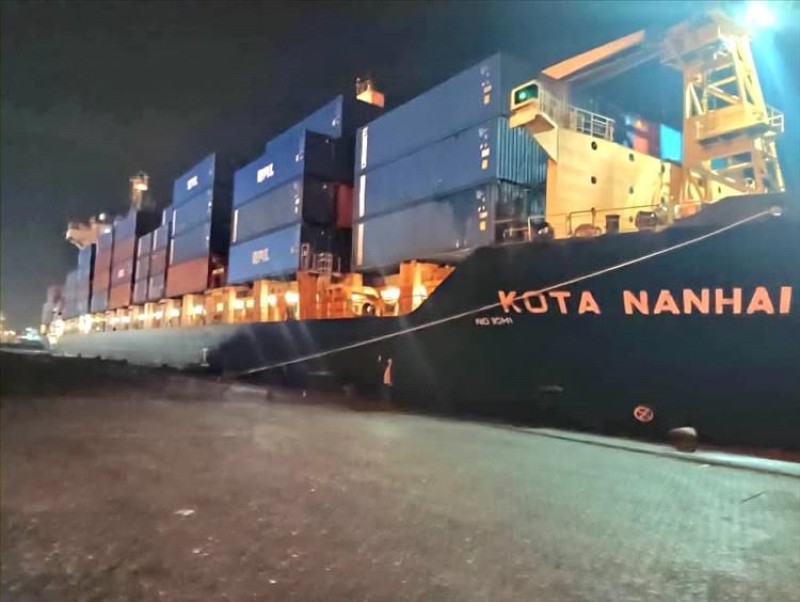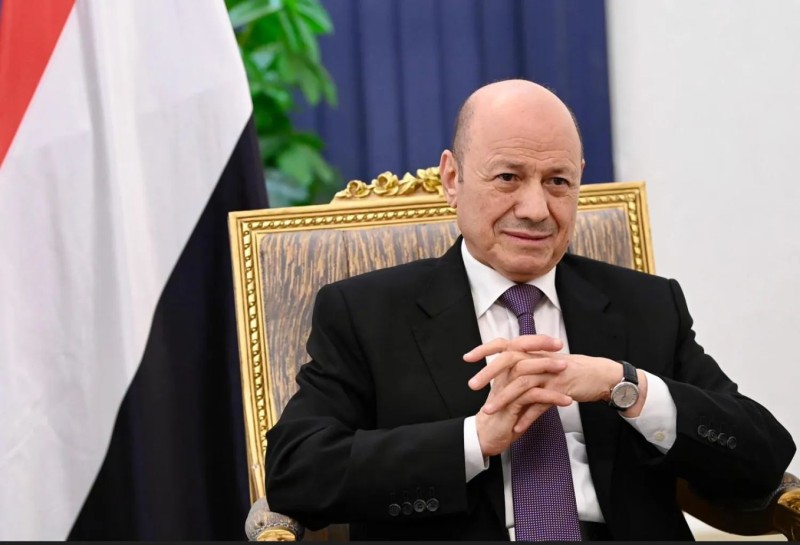UK MPs call for official terrorist ban and sanctions on Iran's military guard


Dozens of MPs from across the Commons have backed a motion calling for the Home Secretary to include the regime's elite unit on an official list of proscribed organisations and impose sanctions on its officials.
The disclosure comes after the group, formally called the Islamic Revolutionary Guard Corps (IRGC), was deployed to put down anti-government unrest in Iran during a week of protests that left more than 20 people dead.
Of 69 MPs backing the Commons early day motion, more than 30 are Labour backbenchers - a fact likely to embarrass Jeremy Corbyn, who has since been criticised for failing to personally condemn the actions of the Iranian regime.
They include the former frontbenchers David Lammy, Joan Ryan, and Frank Field. It calls on the Government "to include the IRGC on the list of proscribed organisations, impose punitive measures against its officials and to work with allies to expel the IRGC from Syria, Iraq and the Middle East."
Bob Blackman, a Conservative backbencher, who tabled the motion in October, before last week's unrest, described the protesters as "very brave individuals".
He warned that the unit, a branch of the military which acts as a protection force to the regime, is also involved in "slaughtering the people of Syria" in order to keep Bashar al-Assad in power.
The motion states: "IRGC only answers to the Supreme Leader and is responsible for suppression of Iranian people including the 2009 uprising, crackdown on human rights defenders, activists, journalists and anti-death penalty campaigners as well as arbitrary arrests of dual citizens."
It has been signed by Conservative, Labour, Scottish National Party, Plaid Cymru, Liberal Democrat and Democratic Unionist Party MPs.
The 16 Tory signatories include Nigel Evans, the former deputy speaker, Fiona Bruce, a member of the parliamentary human rights committee, and Sir Peter Bottomley, who was a minister under Margaret Thatcher.
Most MPs signed the motion in November and December and Mr Blackman said he expected the numbers to increase this week then the Commons begins sitting again after the Christmas break.
Around 1,000 people have been arrested since the demonstrations began in Iran on December 27 and the regime threatened harsher punishments for anyone arrested after the first 48 hours of demonstrations.
Activists said dozens of university student had been taking into custody in a wave of arrests, potentially in a pre-emptive move to try to stop them from organising any future protests. Many of them were arrested at the University of Tehran, which has traditionally been a hotbed of activism. Telegraph

Sana’a – The occupied Yemeni capital Sana’a is witnessing mounting economic panic and a sharp collapse in the real estate market…

Aden – The vessel Kota Nanhai departed Al-Mualla Container Terminal at Aden Port this evening after completing the unloading of 457 standard…

Aden — Yemen’s Presidential Leadership Council Chairman Rashad al-Alimi held talks with Central Bank Governor Ahmed Ghalib to review th…